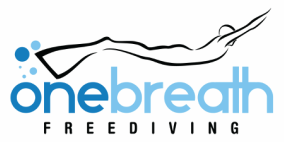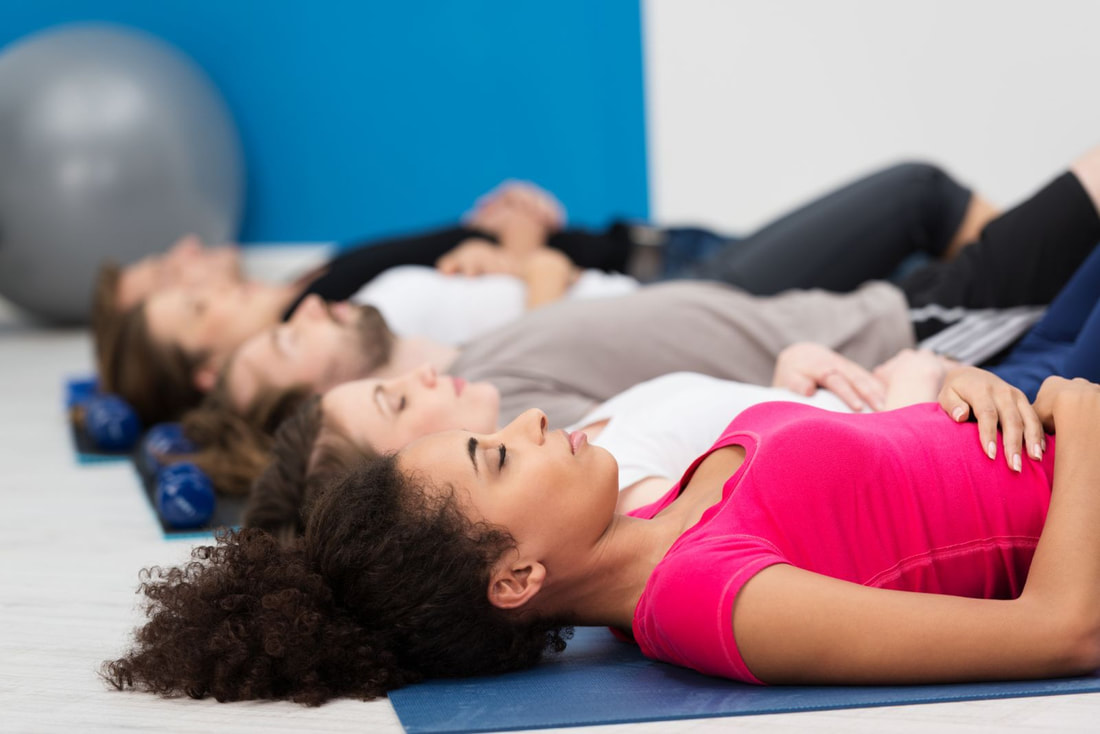When you are freediving, one of the most repeated terms you will hear from your instructor or coach will be "Relax". But what exactly is meant by that term in the context of freediving? What can we relax, how can we achieve a more relaxed state and why is it so important for freedivers. Lets take a look at what is involved.
WHY we want to be relaxed is mainly to do with oxygen consumption, (as are most considerations in freediving). With only one full breath to take with us on our dive, our oxygen supply for that duration will always be finite. So we need to consider WHAT uses our oxygen while we dive. Movement (to a degree), is necessary, but then unnecessary movement or even muscle tension will use oxygen but with no benefit to the freediver. And just the same as unnecessary thinking and mental 'movement' will also increase oxygen consumption.
Therefore, we can break this topic into two parts; MENTAL relaxation and PHYSICAL relaxation, and look at the best measurement indicator of each. And finally the link between the two, the BREATH.
Physical Relaxation:
The human head weighs between 5-6kg and is held in place by just 7 vertebrae and around 20 muscles. The majority of the day, everyday we carry this weight around with us, but of course we get used to it so we don't think about it much (usually not until you hurt some of those vital neck muscles!).
However, in the water we have a sensation of weightlessness due to Archimedes principle which exerts an upwards force on the body. So while we have this support from the water we can totally relax our muscles secure in the knowledge that we are safe and will float. And to give in to this sensation is a really amazing feeling, and unique to us on in our gravity inflicted land living lives. We can use the sensation of floating in the water as a cue to remind us to relax the muscles of the body and just let go of the tension and float, with the head and neck being an obvious place to start (and easy place to spot by the instructor if not relaxed).
You can easily experiment yourself with feeling the difference between muscle tension and muscle relaxation by trying 'Progressive Muscle Relaxation'. That is, tensing and releasing specific muscles in isolation to feel the difference between the two states.
Mental Relaxation:
'Mind Chatter' can be characterised as that voice in our head that pops up intermittantly to say various things throughout a given day, the majority of which are not vital or important at that particular moment. And also, if we are worried or scared or distracted then this chatter can often be negative in its content, causing us increased anxiety or stress.
In isolation, the human brain uses 20-25% of the oxygen in the body and this amount can even increase up to 50% if we are thinking heavily or of complex matters! This is an amazing amount, so it is clear that if we can empty our mind of unnecessary thinking it is a great way to save oxygen. This brings us to meditation and mindfulness, a state where we are aware of what thoughts pop up into our mind and we can dismiss them before they take over our thinking. In fact freediving is often referred to as 'underwater meditation. Even using a Mantra (as used in yoga), which can be a word or a phrase repeated over and over to aid focus and concentration as well as positively reinforcing our state of mental relaxation.
Breathing for Relaxation:
What can we do to bridge the physical and mental aspects of relaxation? This brings us to our breathing. And the most important way we can prepare for the freediving breath-hold and prepares us both physically and mentally for the dive ahead.
Breathing is something we do automatically without thinking about, but we can over-ride and control it if desired, with the benefit of doing that with the goal of relaxation is that by slowing breathing down, we can also slow the heart rate, save oxygen and feel even greater relaxation, ready to dive. As you can see this becomes a positive, repeating cycle.
Effective breathing preparation for freediving uses tidal volume breaths (relaxed and not full, in and out), but slower and a little deeper than our usual chest breathing. We want to utilise the diaphragm (the main breathing muscle), and use pauses between inhale and exhale to emphasise the slower speed through this control and therefore an increase in relaxation.
This is what is taught on first level freediving courses and is used by recreational freedivers and competitive freedivers alike, as a way to switch into 'dive mode', effectively linking both physical and mental relaxation for successful freedives.
By David Watson, Owner, Founder & Head Instructor / AIDA Instructor Trainer at One Breath Freediving

